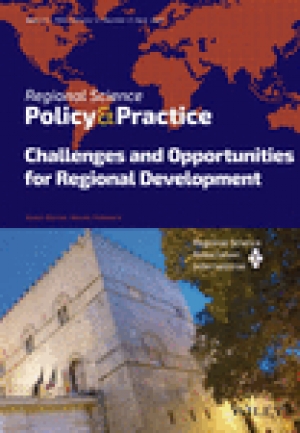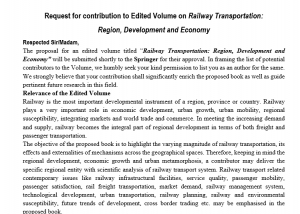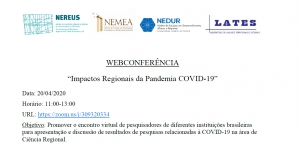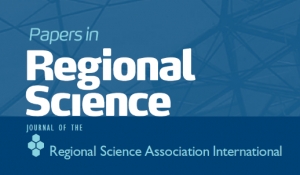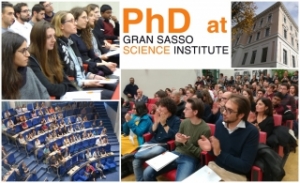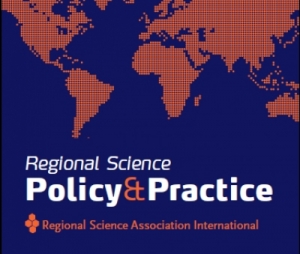 Centennial Chair: Community Energy Development
Centennial Chair: Community Energy Development
School of Environment and Sustainability, University of Saskatchewan
Canada will be investing heavily in renewable energy systems in Northern, Indigenous and remote communities over the foreseeable future, with a goal of achieving full energy security for these communities. We are seeking a dynamic and engaging scholar to join Canada’s leading research community on renewable energy development in Northern, Indigenous, remote and rural communities as a Centennial Chair in Community Energy Development. Centennial Chairs are created and funded by the University in areas of strategic importance and are intended to recruit and retain outstanding faculty with strong research profiles. The successful candidate will be appointed to a tenured or tenure-track position at a rank commensurate with qualifications (at either the assistant or associate professor rank), and the Chair will be awarded for a five-year term, renewable once.
The successful candidate should possess quantitative skills and capacity in modelling applications to understand the broader socio-economic impact of energy development in these communities. Experience working with communities to enhance the socio-economic potential of community energy development or community economic development is an asset. Applicants with relevant research experience in developing economy contexts, agricultural, Indigenous and/or rural communities, technology and change, environmental and energy economics, or in the resource sectors are encouraged to apply. The search committee will consider scholars from various disciplines including economics, engineering, environmental studies, economic geography, or other relevant disciplines. The Centennial Chair will establish the leading program of research and training in Canada to inform the socio-economic implications of this energy transition and to understand the value proposition for host communities.
The School of Environment and Sustainability (SENS) is a premier site internationally for practicing use-inspired and community-engaged scholarship. Our faculty are committed to engaging Indigenous peoples and knowledge in research and teaching, and we emphasize hands-on experiential learning in our graduate programs. Our focus on community energy development will advance our ability to connect with other units on campus, strengthen the policy relevance of our research and contribute to a sustainability focused curriculum.
As a tenure-track faculty member in SENS, the successful candidate will be expected to establish a substantive, externally funded research program in applied community energy development with applications to rural and remote communities, especially Indigenous and Northern communities. With an important emphasis on the global energy transition and the new opportunities for local communities to develop their own energy projects through renewable energy, the research program is expected to adapt or develop models to measure the impact of local, renewable energy projects for sustainable economies, rural development, and community quality of life, among other issues. The successful candidate will also teach courses in the Economics of Community Energy Development and in Economic Valuation of Environmental Sustainability; advise graduate students in our MES and PhD programs, and a new Master’s program in Energy Security (under development); engage in community outreach activities aligned with the faculty member's research and teaching expertise; and, participate in broad-based university and departmental committee work and professional service.
The University of Saskatchewan is located in Saskatoon, Saskatchewan, a city with a diverse and thriving economic base, a vibrant arts community and a full range of leisure opportunities. The University has a reputation for excellence in teaching, research and scholarly activities and offers a full range of undergraduate, graduate, and professional programs to a student population of over 25,000. The University’s main campus is situated on Treaty 6 Territory and the Homeland of the Métis.
Required Qualifications
- A Ph.D. in economics, engineering, environmental studies, economic geography, or another relevant discipline.
- Ability to lead and contribute directly to research and teaching programs in energy and community development.
- Excellent interpersonal skills, as demonstrated through collaborative interdisciplinary interactions, or community engagement.
- Excited to work as part of research team of dynamic scholars working on community energy development in Northern and Indigenous communities.
Desired Qualifications
- Experience working with rural or remote communities in North America, Europe, or the developing world is an asset.
- Ability to apply quantitative economic valuation methods and economic models in their research program (for example, SAM, CGE, CBA, etc.).
- Proficiency in at least one programming or modelling software (for example, R, Python, GAMS, STATA, JEDI, LEAP, etc.) is an asset.
- Demonstrated success or clear potential for obtaining competitively awarded funding from the Canadian Tri-Agencies (SSHRC, NSERC, CIHR), or similarly competitive national or international granting agencies will be ranked highly.
The University of Saskatchewan salary bands for the 2020-2021 academic year are as follows: Assistant Professor $96,301 to $115,723; Associate Professor $115,723 to $135,145.
This position offers a comprehensive benefits package which includes a dental, health and extended vision care plan; a pension plan; life insurance (compulsory and voluntary), academic long-term disability, sick leave, travel insurance and death benefits; an employee assistance program; a professional expense allowance; and a flexible health and wellness spending program.
For information about the University of Saskatchewan, please visit www.usask.ca
For information about the School of Environment and Sustainability, please visit www.usask.ca/sens
To be considered for this opportunity, please send your CV and a letter outlining your fit with the position requirements and with the SENS community. Additionally, please submit (1) the names of three references who can speak to your research and teaching abilities; (2) a short statement on your teaching philosophy and experience; and, (3) a 3-4 page statement describing your research agenda, including accomplishments to date, objectives for the next 5 years, strategies for community engagement, and plans for external funding, in confidence to:
Dr. Karsten Liber, Executive Director (Interim), School of Environment & Sustainability
117 Science Place, University of Saskatchewan, Saskatoon, SK, S7N 5C8, Canada.
Telephone: (306) 966-8431
Email: This email address is being protected from spambots. You need JavaScript enabled to view it.
All qualified candidates, Canadian or other nationalities are encouraged to apply. Due to federal immigration requirements, we also ask candidates to indicate whether they are Canadian citizens, permanent residents, or are otherwise already authorized to work at this position for the duration of the appointment, with an explanation if this last category is indicated.
Review of applications will begin May 15, 2020; however, applications will be accepted and evaluated until the position is filled with an ideal start date of January 2, 2021.
The University of Saskatchewan is strongly committed to a diverse and inclusive workplace that empowers all employees to reach their full potential. All members of the university community share a responsibility for developing and maintaining an environment in which differences are valued and inclusiveness is practiced. The university welcomes applications from those who will contribute to the diversity of our community. All qualified candidates are encouraged to apply; however, Canadian citizens and permanent residents will be given priority.

